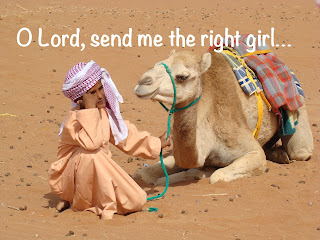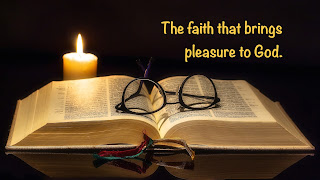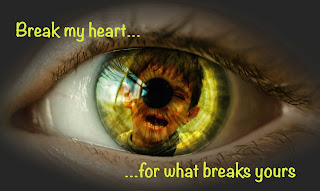HIS Love Conquers All

Pixabay It is both amazing and appalling what is done “in God’s Name.” Jacob continues to practice deception. Not only has he manipulated things so that he comes away from his father-in-law with enough wealth to make Laban’s heirs jealous, but he lies to Leah and Rachel by saying that God blessed him with all this wealth because Laban had cheated him of the wages he deserved over the course of the twenty years that Jacob remained in exile from his own family. One sin does not require another to correct it. But Jacob had yet to learn that lesson. Genesis 31 continues the sad story of "deceive and be deceived." Whatever goodwill Laban had extended to Jacob is well tarnished now. Genesis 31:2 says, “ And Jacob noticed that Laban’s attitude toward him was not what it had been. ” I guess Laban noticed that Jacob was getting richer while he was getting poorer. So Jacob deceives his father-in-law again and runs off into the night with his family and his belongings. Rachel even s...















